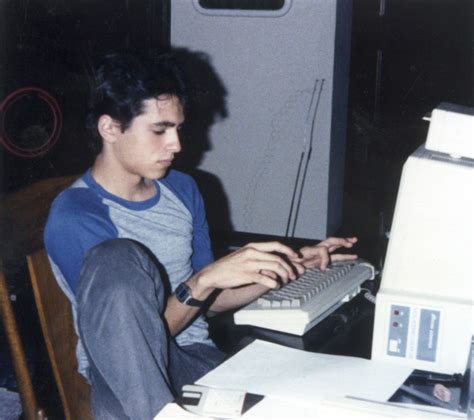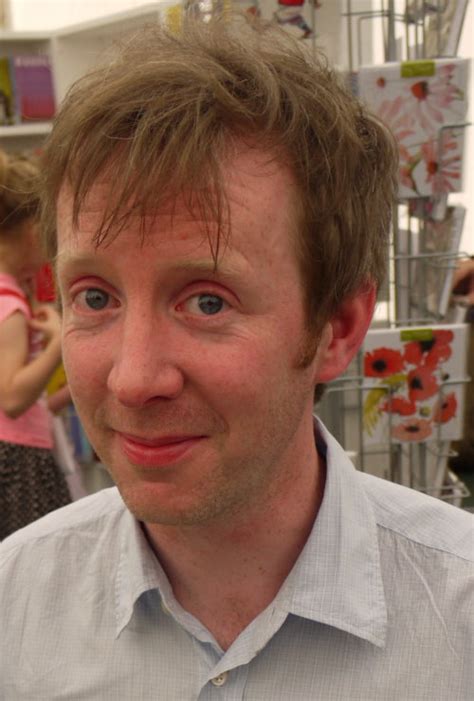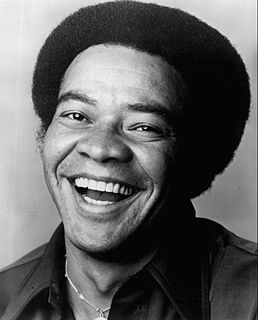A Quote by Steven Moffat
I'll be a story in your head. But that's OK. We're all stories, in the end. Just make it a good one, eh? Because it was, you know; it was the best.
Related Quotes
Comic books are just a way to show a story. Then there are the movies, and television and exhibits like this that take the stories and make them seem so realistic. In the comic book, you're just reading a story - hopefully a good, exciting story that whets your appetite for all of this stuff to come.
We who make stories know that we tell lies for a living. But they are good lies that say true things, and we owe it to our readers to build them as best we can. Because somewhere out there is someone who needs that story. Someone who will grow up with a different landscape, who without that story will be a different person. And who with that story may have hope, or wisdom, or kindness, or comfort. And that is why we write.
I think that people have to have a story. When you tell a story, most people are not good storytellers because they think it's about them. You have to make your story, whatever story it is you're telling, their story. So you have to get good at telling a story so they can identify themselves in your story.
I find that getting something on the screen as soon as possible really helps focus the problem for me. It helps me decide what to work on next. Because if you're just looking at that big to-do list it's like, eh, I don't know which one I should do—does it matter which one I do? But if there's something you can actually look at, even if it's just the debug output of your mailbox parser, it's like, OK, there!
When we're in the story, when we're part of it, we can't know the outcome. It's only later that we think we can see what the story was. But do we ever really know? And does anybody else, perhaps, coming along a little later, does anybody else really care? ... History is written by the survivors, but what is that history? That's the point I was trying to make just now. We don't know what the story is when we're in it, and even after we tell it we're not sure. Because the story doesn't end.
History, in the end, is only another kind of story, and stories are different from the truth. The truth is messy and chaotic and all over the place. Often it just doesn’t make sense. Stories make things make sense, but the way they do that is to leave out anything that doesn’t fit. And often that is quite a lot.
There are a lot of college writing textbooks that will include essays and short stories, and after reading the story or essay, there will be questions such as "Have YOU Had any experience with a pedophile in YOUR family?" or "When was the last time you saw YOUR mother drunk?" and they're just really good at prompting stories. You answer the question, and sometimes that can spring into a story.
The teacher always used me as an example to the class of good English and good storytelling because we all had to write the same stories. But she used to make me go out front - which I hated - and read my story to the class and I would get huge applause. Not because of who I was but because they truly enjoyed the stories I wrote.





































